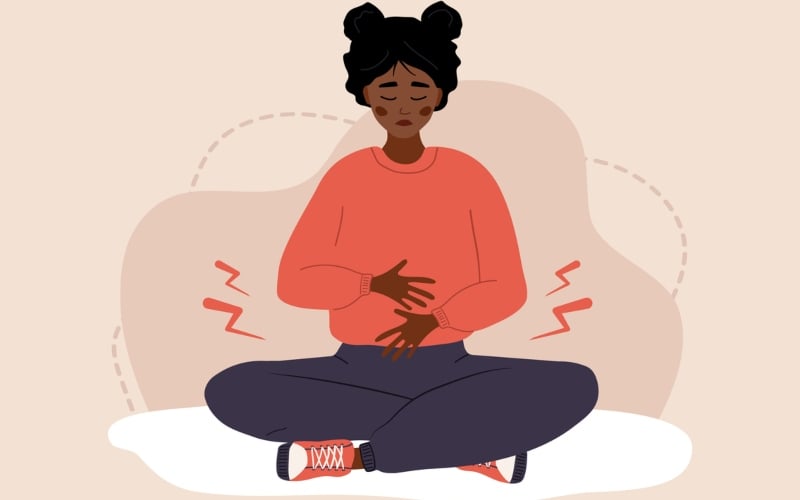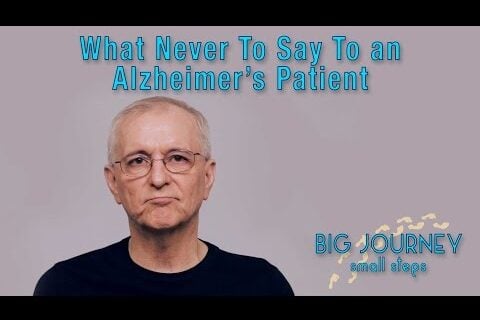I have something in common with Brad Pitt and Ben Affleck. It certainly ain’t looks or talent or money, unfortunately. What’s even more unfortunate is that what we have in common is very similar personal collapses at very similar times in our lives. All three of us were in the throes of midlife when our lives were thrown off the rails. All three of our experiences were informed by heavy use of alcohol. And all three of our marriages ended in divorce.
 Even though I could probably find a little solace in solidarity with Brad and Ben, I’m sure we’re not alone. I’m pretty sure that what we have traditionally referred to as the “midlife crisis” is actually something far more common, complex and devastating. In fact, I think the “midlife crisis” guys are the ones who get off easy; the rest of us fall prey to vulnerabilities that are lurking in our middle-aged bodies and minds. I assume we are weakened physically by the realities of age, of less testosterone and virility, the loss of muscle and hair, the losing battle with gravity. This physical decline creates a psychological vulnerability that is easily triggered by the trauma of everyday life.
Even though I could probably find a little solace in solidarity with Brad and Ben, I’m sure we’re not alone. I’m pretty sure that what we have traditionally referred to as the “midlife crisis” is actually something far more common, complex and devastating. In fact, I think the “midlife crisis” guys are the ones who get off easy; the rest of us fall prey to vulnerabilities that are lurking in our middle-aged bodies and minds. I assume we are weakened physically by the realities of age, of less testosterone and virility, the loss of muscle and hair, the losing battle with gravity. This physical decline creates a psychological vulnerability that is easily triggered by the trauma of everyday life.
I can’t speak for my pals Brad and Ben, or anybody else for that matter, but I am confident that what triggered my collapse was the death of my oldest friend, Mike O’Shea, shortly after the death of my beloved mother. I considered Mike and my mother the two people in the world who knew me best and loved me the most. Their absence left a sorrow that I could not identify nor address, so I got shitfaced on the regular and lost a lot as a result.
Losing a parent in middle age is very common. We shouldn’t act, though, as if this event is not traumatic. I mean, we’re talking about one of the people who gave us life (or provided us with a life via adoption and/or surregation). Their absence is jarring, and even more so when both parents are no longer alive. When my mother died, I got a mountain of cliches and a lot of hugs that ended immediately after her funeral. It was stunning to me how little we, even those who had lost a parent, recognized the enormity of this common loss and its potential to wreak havoc.
Losing a close friend in middle age is not common. I had no ability to deal with the loss of my oldest and closest friend. I rode the denial train from the second I heard he was sick until the moment I learned of his death. And then I went down a dark hole that I explored in my thinly-veiled novella Pasta Mike: The Story of Friendship & Loss. The suffering of the protagonist in the book is neither as profound nor as elongated as what I went through in real life, but the point was the vulnerability exposed by the loss of a friend, a situation exasperated greatly by the protagonist’s inability and unwillingness to address and express his grief.
And therein, I believe, lies the problem with middle aged men and suffering. We all experience it, to various degrees, but very few of us talk about it. It’s not just me and Brad and Ben.
—
Shutterstock image
The post Me and Brad and Ben appeared first on The Good Men Project.
Original Article










